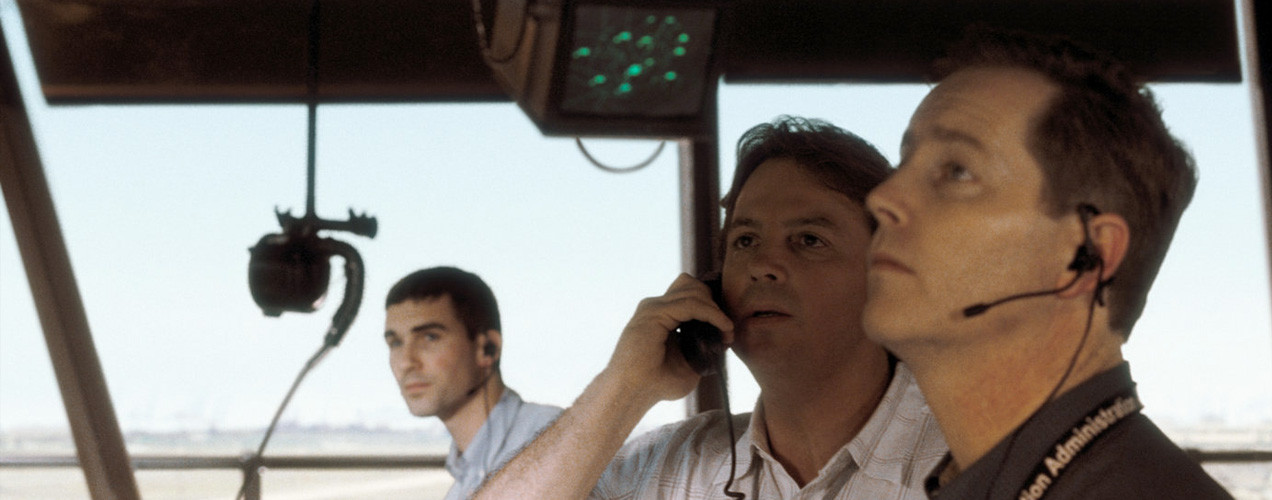2006 / Paul Greengrass > By definition, United 93’s subject matter defies objectivity. It’s hard to like it or dislike it, mostly because of social courtesy standards and the simple fact that the so-called truth will always be skewed by the filmmaker.
This paradox withstanding, the film does an excellent job in re-enacting the events that occurred on September 11. However, my primary complaint lies in the characterization of the terrorists aboard the plane: While it’s essential to hear both sides of every story, I often felt that I empathized more with the terrorists because the time devoted to them paled in comparison to the passengers. One could argue this makes sense as post-9/11 media coverage has also been skewed towards the terrorists: We know where they’re from, how they grew up and what they ate for breakfast everyday. But as for the passengers, they are inevitably grouped together as a collective with a singular face, and it’s hard to feel a deeper emotional connection to them in such a superficial situation.
Another minor gripe is that the flight control terminology that is scattered throughout the film also diminishes the tension level because the audience will often waste precious time thinking, “Wait, what did they mean by that?” Sure, it’s necessary to challenge your audience, but I believe there is an argument against that in this scenario.
Overall, though, United 93 is as appropriate a film as I could have envisioned about the incident. It’s not an easy topic, and I do commend Greengrass for a brave and understandably flawed product that succeeds in its goal.

